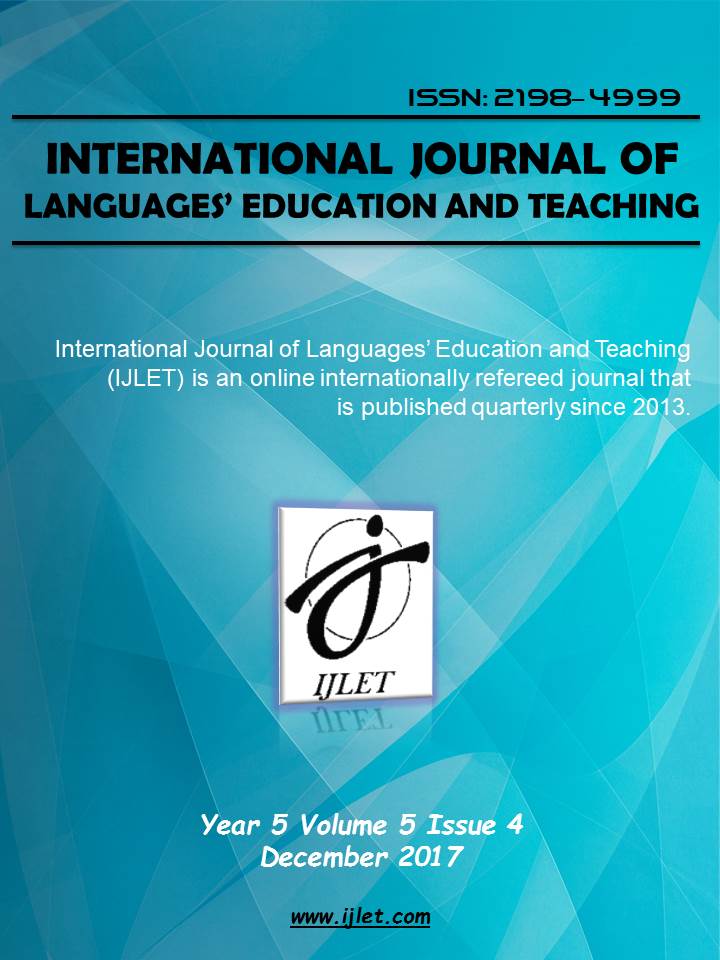An Analysis of Social Genocide in A Bend in the River by V. S. Naipaul and A Grain of Wheat by Ngugi wa Thiong’o
Author :
Abstract
Keywords
Abstract
The Industrial Revolution was a turning point in the world and it caused several major changes for each society during its time and later. Even though it brought many benefits to England, it also ended up with harsh conditions. The thought of having an endless power created a way for Europeans to have an idea like possessing other regions with this power and brought colonisation to African countries. However, colonisation did not remain only as a policy and did not bring civilization to the countries as it was claimed. It changed the lives, culture, language and traditions of the indigenous people. Furthermore, this practice brought about genocide but not only physically, but also socially and psychologically because the destruction of a society’s culture means destroying that society which leads to social genocide. This study aims to state “social genocide” and “societal racism” terms in post-colonial era and analyze them in the selected works, in the order of; A Bend in the River by V. S. Naipaul and A Grain of Wheat by Ngugi Wa Thiong’o. In this respect, the perspectives of the two writers about colonisation, imperialism and social genocide are examined in the light of their other works and other sources related to the topic.
Keywords
- Barry, P. (2002). Beginning Theory: An Introduction to Literary and Cultural Theory. Manchester
- Barry, P. (2002). Beginning Theory: An Introduction to Literary and Cultural Theory. Manchester University Press.
- Bloxham, D & Moses, D. (2010). The Oxford Handbook of Genocide Studies. Oxford University PressCard, C. (2003). Genocide and Social Death. Feminist Philosophy and the Problem of Evil 18(1), 63-79 Césaire, A. (1972). Discourse on Colonialism. Monthly Review Press: New York and London.
- Engels, F. (2009). Condition of the Working Class in England. Penguin Classics
- Fanon, F. (2004) The Wretch of The Earth. Grove Press
- Gikandi, S. (2009). Ngugi wa Thiong’o. Cambridge University PressJones, A. (2006). Genocide A Comprehensive Introduction. Routledge
- McLeod, J. (2000) Beginning Postcolonialism. Manchester and New York. Manchester University Press Memmi, A. (1991). The Colonizer and the Colonized. Beacon Press.
- Naipaul, V. S. (1979). A Bend in the River. Penguin Books.
- Nicholls, B. (2010). Ngugi wa Thiong’o, Gender and the Ethics of Postcolonial Reading. Ashgate Thiong’o, N. W. (1967). A Grain of Wheat. Heinemann Educational Publishers
- Thiong’o, N. W. (1981). Writers in Politics. East African Educational Publishers
- Thiong’o, N. W. (1986). Decolonising the mind: the politics of language in African literature. Heinemann Educational Publishers
- Said, Edward W. (1977). Orientalism. Penguin Books
- Short, D. (2016). Redefining Genocide: Settler Colonialism, Social Death and Ecocide. London, UK. Zed Books.
